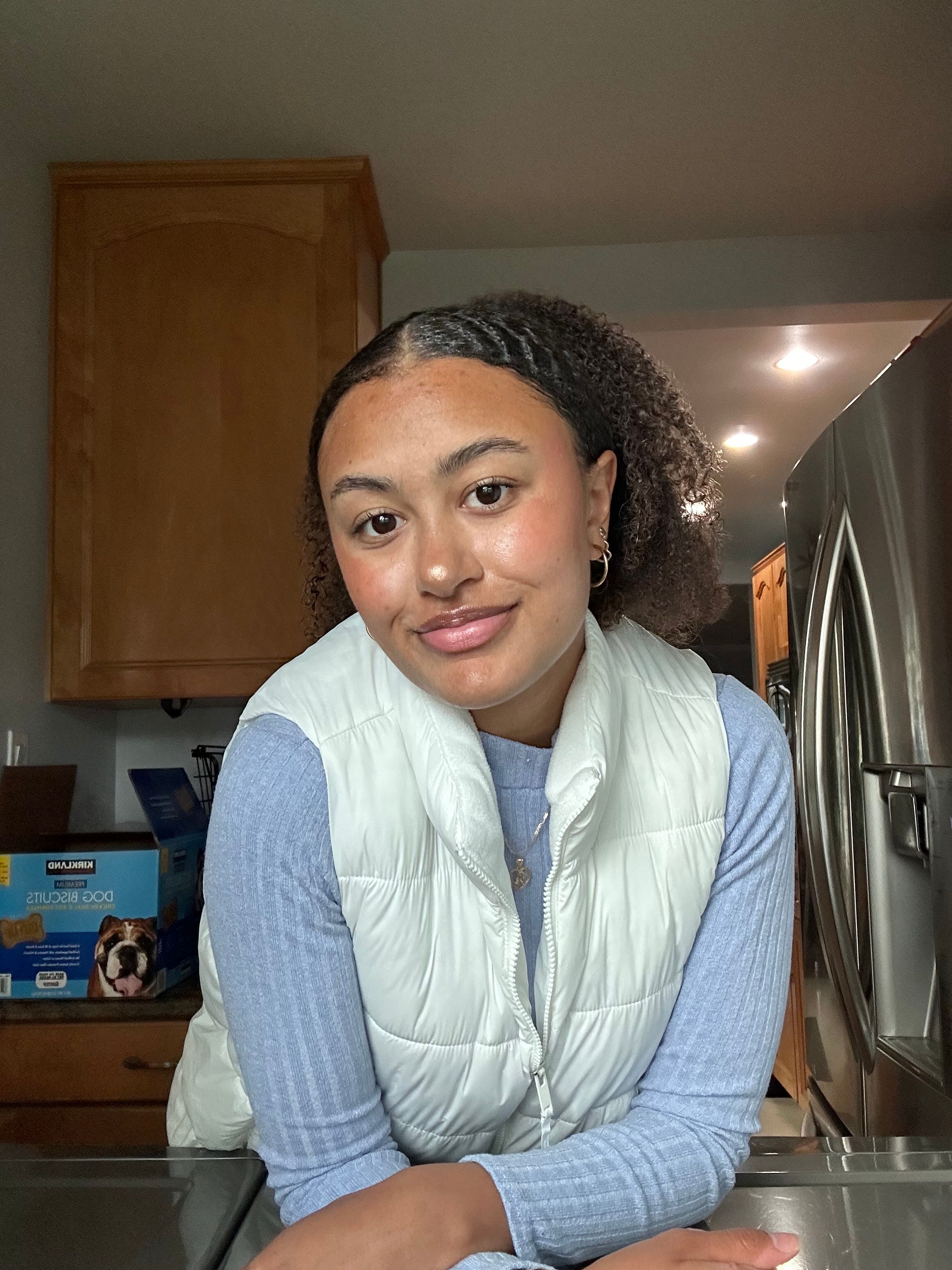Hey future SLPs! If you are in your first semester of grad school, here are 5 tips to keep in mind:
1. Get a journal/planner: Organization and time management are crucial for your first semester because you’ll probably be LOADED with classes and possibly, clinical placements. This is especially important if you are working while going to grad school.
2. Review! Take time after your classes to look over your notes/lectures and rewrite them in a way that you understand. If you’re not a writing/reading learner, adjust or add to your notes to fit your needs. (E.g. recordings, YouTube videos, better diagrams, 3D models, etc.)
3. Ask questions: Don’t avoid asking for clarification during your lectures or clinical placements and think “I’ll figure it out later.” While you may figure it out, you are paying to learn so it’s better to ask your professors and supervisors what they are teaching.
4. Sign up for your school's NSSHLA chapter! There are so many events with speakers with different speech and language specialities sharing insights for networking opportunities, clinical placement ideas, and becoming a successful SLP.
5. Be kind to yourself! Grad school can be overwhelming, but remember you’re there to learn and grow as a (future) SLP.

